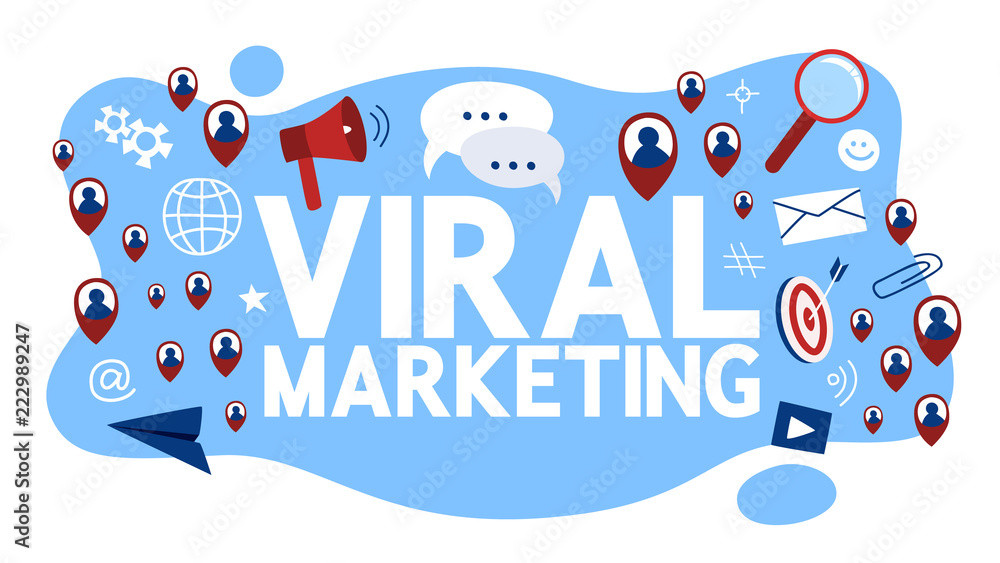
It is a marketing strategy that relies on spreading content quickly and widely among the audience, which leads to an increase in the spread of the message in a way similar to the spread of a virus. The idea is for users to transfer the content to their friends and relatives via social media or email, which automatically increases awareness of the brand or product.
Characteristics of viral marketing:
1. Rapid spread: It depends on sharing content very quickly among users.
2. Attractive content: It requires interesting, emotional, or funny content to attract the audience's attention.
3. Shareability: The content must be easy to share across multiple platforms.
4. Spontaneity: It depends on the desire of users to publish the content without paying or motivating them financially.
Benefits of viral marketing:
1. Low costs: Content can spread widely without the need for a large advertising budget.
2. Increase brand awareness: It helps to quickly enhance brand awareness.
3. Interaction with the audience: It encourages the audience to interact and participate, which strengthens the relationship between the brand and consumers.
4. Reach a wide audience: Content can reach a global audience due to the speed of spread.
Viral Marketing Advantages:
1. Organic spread: Content can spread without much company intervention.
2. Global reach potential: Content can travel across borders and languages, resulting in global reach.
3. High impact: It can have a huge impact if the content is created correctly and grabs the attention of the audience.
4. Ease of measurement: The impact of the campaign can be easily tracked through the number of views, shares, and interactions.
Viral Marketing Disadvantages:
1. Lack of control: It can be difficult to control how the content or message being circulated spreads.
2. Reputation risk: If the content is misinterpreted or misunderstood, it can have negative effects on the brand.
3. Difficulty of prediction: It is difficult to predict whether the content will go viral or not.
4. Reliance on luck: The success of a campaign sometimes depends on random or unexpected factors.
Modern examples of viral marketing:
1. “Dove Real Beauty Sketches” ad: This viral video focused on boosting women’s self-confidence and went viral on social media.
2. ALS Ice Bucket Challenge: A viral charity campaign where people challenged each other to pour buckets of ice water over their heads to raise awareness for amyotrophic lateral sclerosis (ALS).
3. Coca-Cola’s “Share a Coke” ad: Coca-Cola’s campaign that involved putting people’s names on bottles, prompting people to share photos of themselves with the bottles on social media.
4. Kiki Challenge: Users filmed themselves dancing outside their cars to the song “In My Feelings,” and this challenge went viral on social media.
Viral marketing is a strategy that relies on spreading content quickly among users to increase awareness of a brand or product. It is characterized by low costs and rapid spread, but it comes with risks such as losing control of the message and the difficulty of predicting the success of the campaign. Viral marketing is a powerful tool that can create a huge impact when used correctly.

01/09/2024

01/09/2024

15/08/2024

26/08/2024

18/08/2024

17/08/2024

20/08/2024
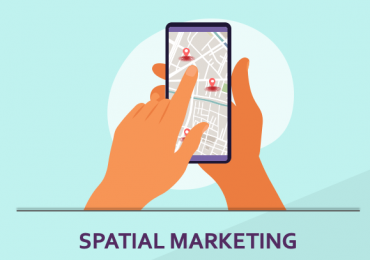
01/09/2024

20/08/2024

26/08/2024
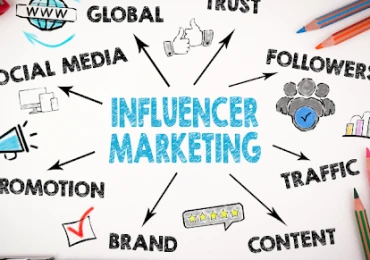
17/08/2024

15/08/2024

30/08/2024
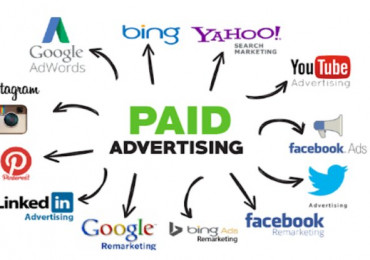
20/08/2024
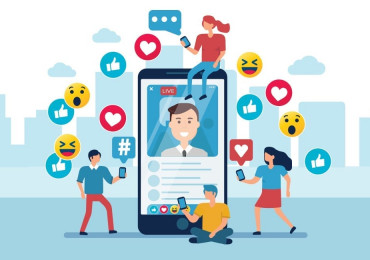
18/08/2024

12/06/2024

18/08/2024

18/08/2024

01/09/2024

30/08/2024